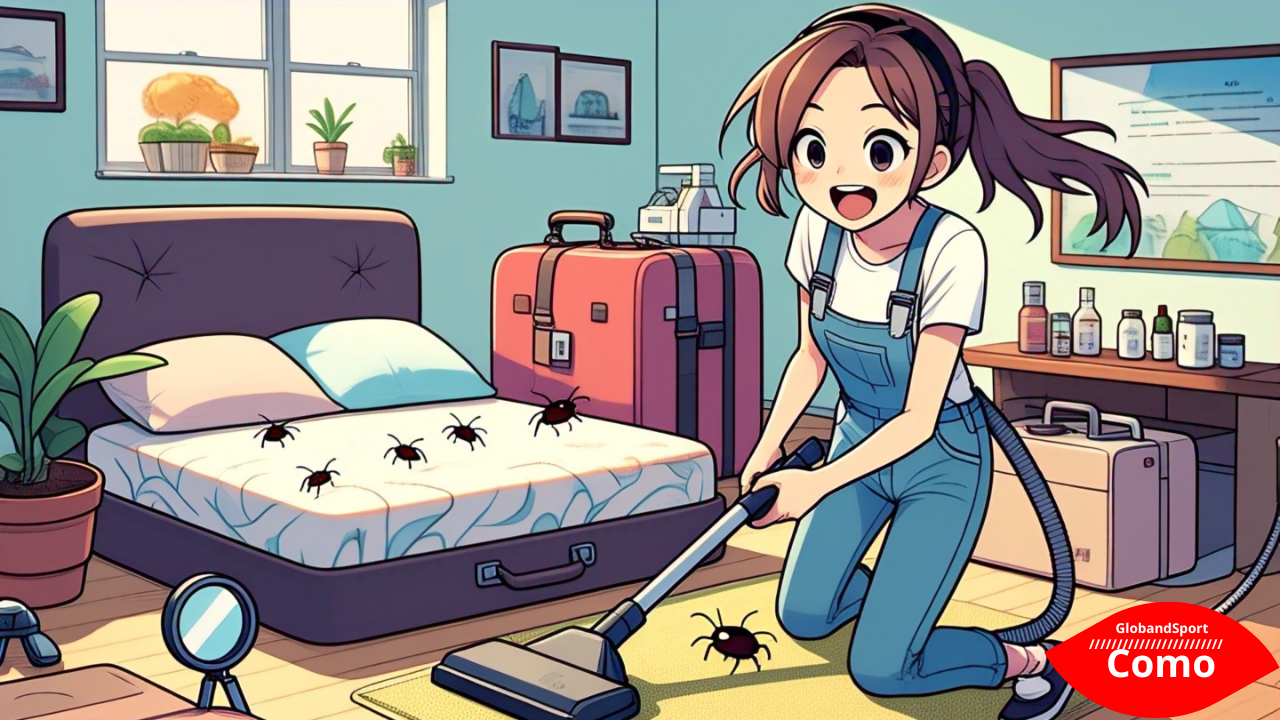What are bedbugs and why should you worry?
Bedbugs (or Cimex lectularius) are small blood-sucking insects which, although they don’t transmit serious diseases, cause discomfort, allergies and emotional damage by infesting domestic environments – especially beds, mattresses and sofas.
Apart from the bites, the biggest problem is the difficulty in eliminating them once they have settled in. That’s why prevention is the best weapon against bedbugs.
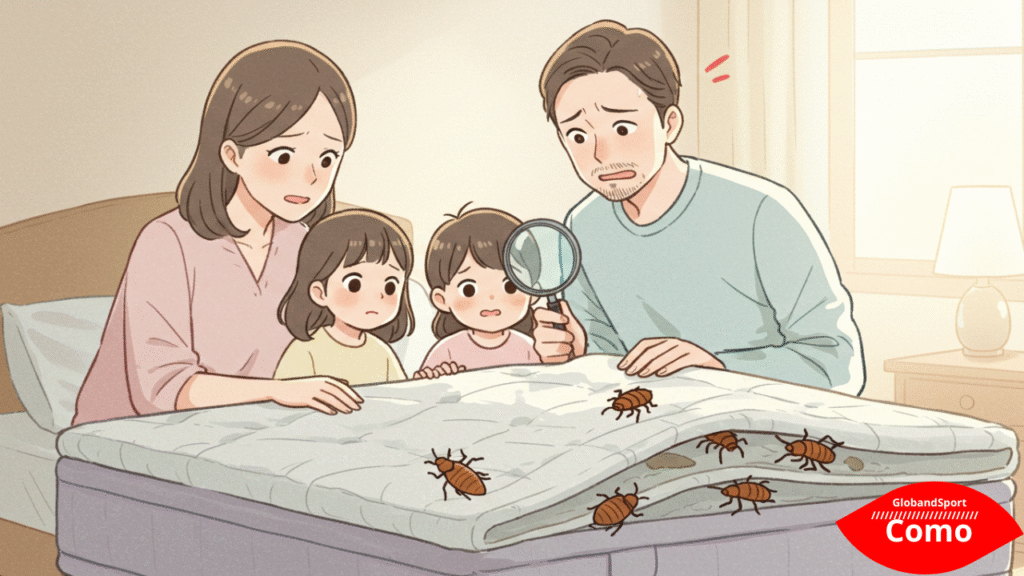
How do bedbugs get into your home?
Understanding how bedbugs get to you is the first step to avoiding them. They don’t fly, but they are excellent hitchhikers. Here’s where they usually hide.
Most common places and situations:
Accommodation: Hotels, hostels and even travel buses.
Used furniture: Sofas, mattresses, beds and closets.
Clothes and suitcases: Especially after trips.
Buildings and neighborhoods: They can migrate between apartments.
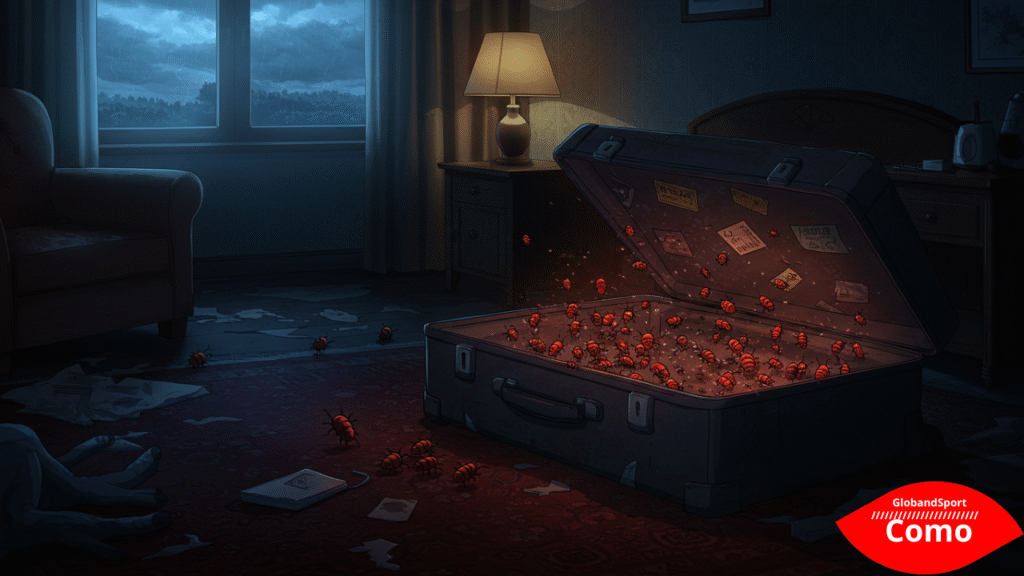
How to spot the signs of bedbugs
We don’t always see the bugs, but there are classic signs of an infestation:
- Small blood stains on the sheet
- Dark dots (bedbug droppings)
- Sweet, strange smell (secretion)
- Itching or stinging in a line on the skin when you wake up
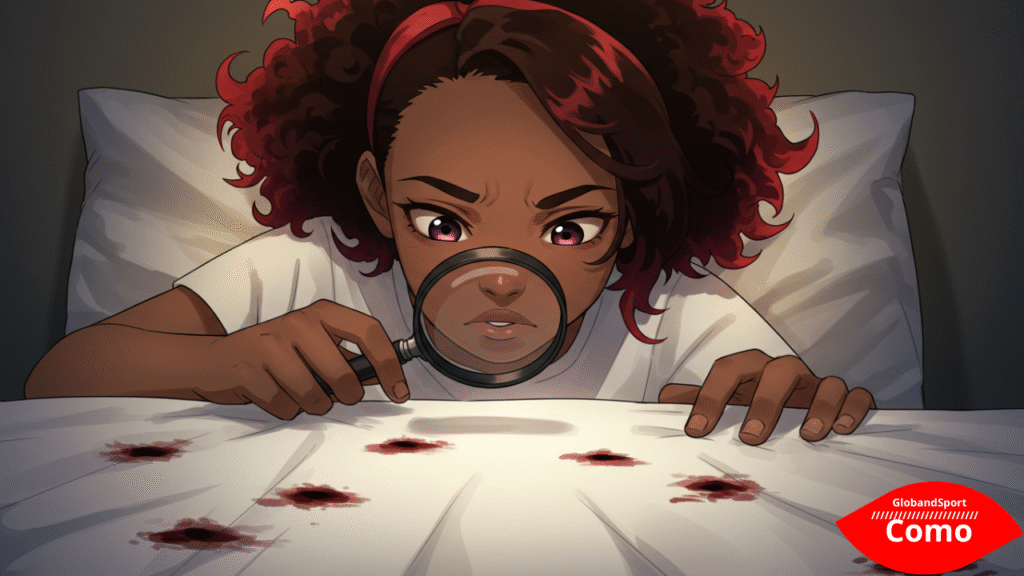
How to prevent bedbugs: simple and effective practices
- avoid bringing bedbugs back from trips
Check mattresses and headboards when staying.
Keep your suitcase closed and away from the bed.
When you return, wash your clothes in hot water and vacuum your suitcase - Be careful with used furniture
Always inspect second-hand furniture.
Prefer to buy from reliable and clean places. - Constant hygiene at home
Vacuum mattresses, sofas and crevices weekly.
Use anti-dust mite and waterproof mattress covers.
Avoid accumulating clutter in bedrooms. - Insulate and seal gaps
Seal cracks in walls and skirting boards.
Use silicone skirting boards to seal gaps. - Monitoring with traps
There are adhesive traps for bed legs.
You can also use double-sided tape as a barrier.
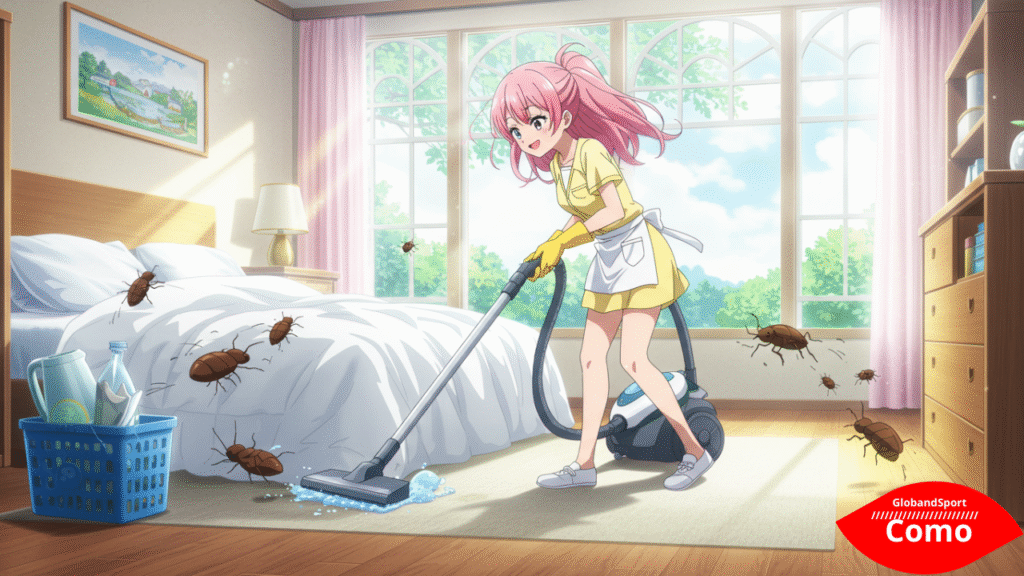
Do natural and homemade products work?
Some natural methods help with prevention, but they are no substitute for regular cleaning. Here’s what can help:
- Lavender or citronella oil: mild repellent
- White vinegar: homemade disinfectant (does not kill adult bedbugs)
- Diatomaceous earth (non-toxic): kills insects through dehydration
But beware: none of these methods is 100% effective on its own.

When to call a professional?
If you’ve noticed signs of infestation and haven’t been able to solve them with prevention, call in professional pest control. They use specific and safe techniques such as:
- Controlled heating or freezing
- Nebulization with specific insecticides
- Vacuuming and professional monitoring
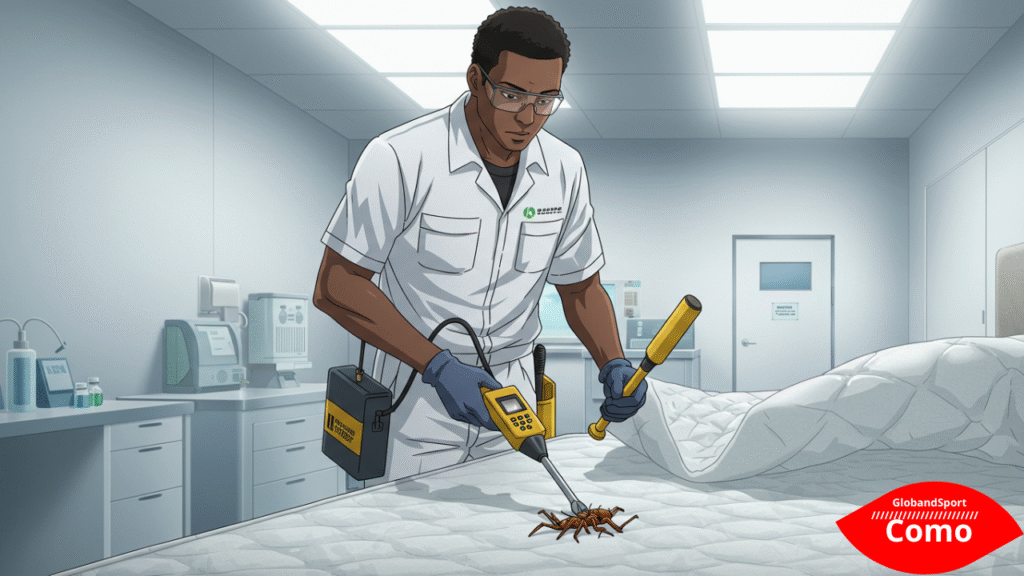
Final tip and conclusion
Practical tip: Get into the habit of vacuuming your bed and mattress every week, using a fine nozzle to reach seams and crevices.
Remember: preventing bedbugs is much easier than dealing with an infestation. A little attention in everyday life can prevent a lot of stress, itching and damage!
🔁 Did you like the content? Share it with someone who needs to know and help spread useful information!
